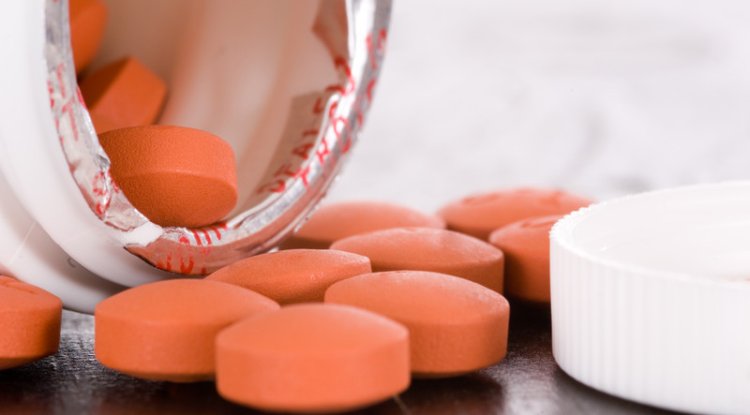Smart Habits for a Cleaner, Safer Life: How to Protect Your Health from Air Pollution
The advice to eat your greens, exercise, avoid smoking, and control your blood pressure is undoubtedly familiar to you. These are the age-old rules for being healthy. Pollution, however, is a component of the jigsaw that we frequently ignore and that actually dangles in the air we breathe.
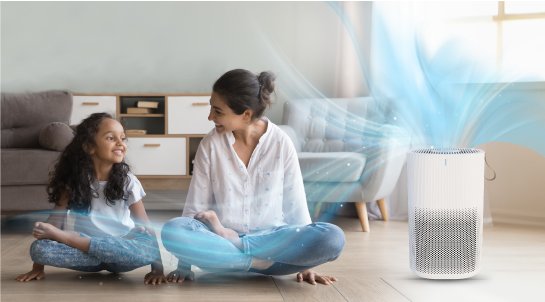
And no, we are not merely referring to foggy sunsets or smoggy skylines. Our health is being negatively impacted by the unseen pollutants that are all around us, including those found in our houses, on busy roadways, and drifting from far-off wildfires.
What defenses do we have against something that we can not always see or smell? Let us dissect it.
Really, What Is Pollution?
The most straightforward (and frightening) definition of pollution is anything that humans release into the environment that is detrimental to ecosystems or human health. It can take many different forms, such as tainted water, toxic soil, artificial chemicals, or nerve-racking loudness.
We are discussing:
Indoor pollution from wood-burning fireplaces, gas stoves, and biomass cooking fuels (such as wood or agricultural residue) is particularly prevalent in low-income areas worldwide.
The part that is frightening? The climate problem is fueled by air pollution, and pollution is fueled by the climate crisis. Higher temperatures cause more wildfires, more people to use air conditioners, and more people to use fossil fuels, all of which contribute to the planet's continued warming.
What Effects Does Air Pollution Have on Your Health?
Think of your body as an intricately balanced mechanism. Now picture that machine attempting to function around-the-clock while being doused with poisons and microscopic dirt.
Long-term exposure to air pollution causes that.
Air pollution poses the following health risks:
Strokes and heart disease
Chronic lung problems and asthma
Respiratory infections and pneumonia
Complications of diabetes
Early mortality, especially in susceptible groups
Fossil fuel pollution alone was connected in 2018 to around 9 million premature deaths, or about one in five fatalities globally, according to a groundbreaking global analysis. Over 350,000 premature deaths in the United States were caused by pollution.
Who Is Most in Danger?
Although no one is impervious, certain groups are more susceptible than others:
Children whose lungs are still developing
Senior citizens
Those who are pregnant
Anyone suffering from long-term lung or cardiac conditions
Low-income neighborhoods that are frequently found next to industrial areas, highways, or fossil fuel infrastructure
In addition to being more exposed to pollution, these communities have less means of avoiding or combating it.
How to Lessen the Health Effects of Air Pollution
Although you have no influence over the weather patterns of the world, you can protect yourself and your family by taking sensible, easy precautions.
Examine the Air Quality Index (AQI) and make use of it.
You may find the most recent information on local air quality on the EPA's AirNow website. On days with high pollution:
During busy times, stay inside.
Keep the air conditioner or fans running with clean filters and the windows closed.
Do not work out close to busy roads.
Wear a high-quality mask if you have to be outside, such as a N95.
2. Reevaluate Your Travel Routines
In addition to being noisy, cars are also very polluting. Try:
When feasible, take public transportation, walk, or bike.
Carpooling can help cut down on overall automobile use.
When parked, turn off your engine since it wastes fuel and produces needless emissions.
Purchasing locally to reduce pollution from shipping
3. Raise Your Kitchen Skills
Despite being a favorite among chefs, gas burners release dangerous indoor pollutants even when they are off. When an upgrade is necessary:
Choose electric or induction ranges.
While cooking, get some fresh air by opening windows or using a fan.
4. Purchase and Maintain an Air Purifier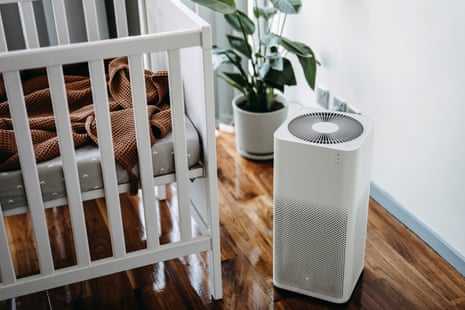
A high Clean Air Delivery Rate (CADR) purifier can greatly reduce indoor pollutants, particularly fine particles, but no purifier is a panacea.
Additionally, remember to replace the filters in both your HVAC system and purifier on a regular basis.
5. After being outside, change your clothes.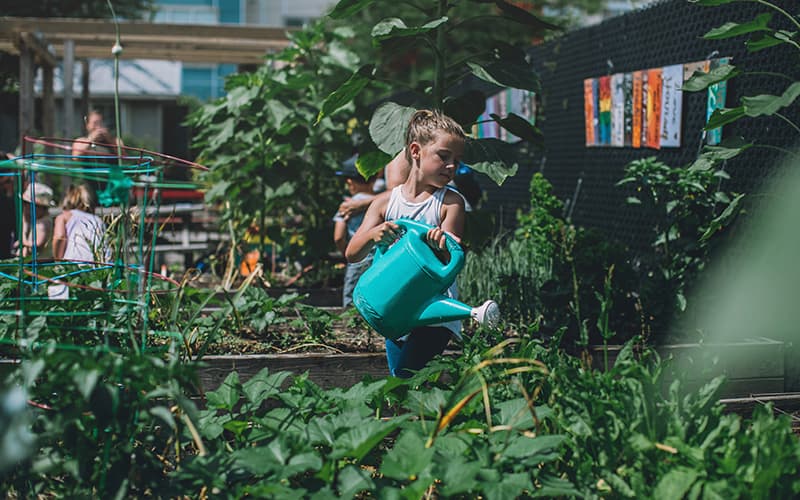
Airborne contaminants have the ability to adhere to your hair and clothing, which may seem excessive. When the air quality is bad, think about taking a shower or changing after you have been out and about, especially before you sit on your couch or bed.
6. Encourage green policies and clean energy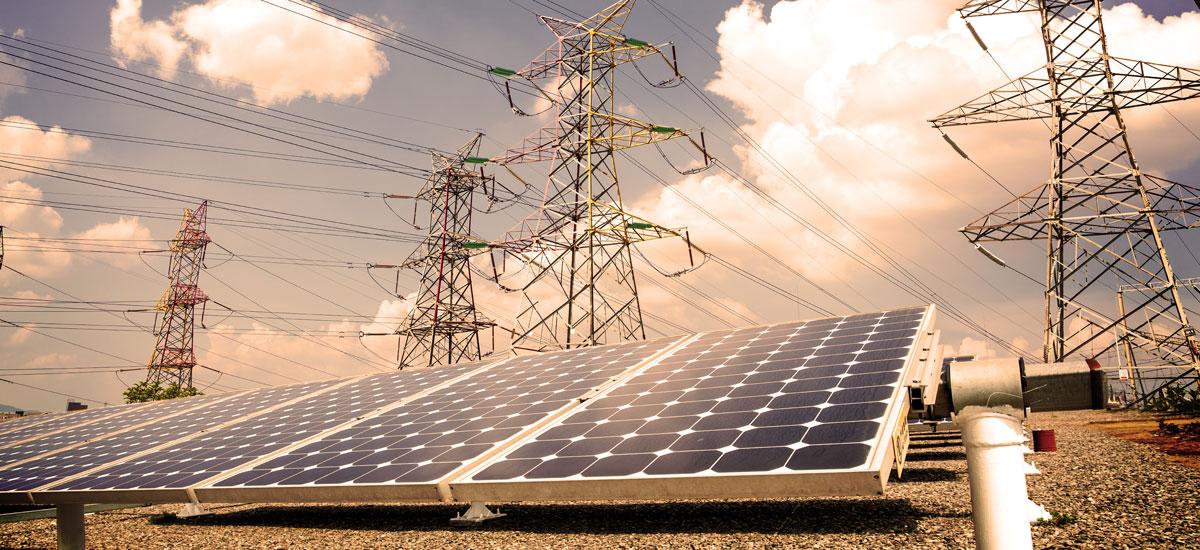
Addressing pollution at its source has the greatest impact. You could:
If a 100% renewable energy plan is offered in your area, sign up for it.
Choose leaders who put renewable energy and environmental justice first.
Encourage more trees and less traffic in cities to make them greener.
Minimize your own consumption of fossil fuels wherever you can.
The conclusion: Live Smarter, Breathe Easier
You may believe that air pollution is an insurmountable problem, yet you actually have more influence than you realize. Your daily choices have an impact on everything from the policies you support to the items you select.
A longer, healthier life and cleaner air are the results of even minor adjustments, such as changing your stove, skipping the car, and checking the AQI. Additionally, you are investing in a better world for future generations rather than just safeguarding yourself.
What's Your Reaction?















